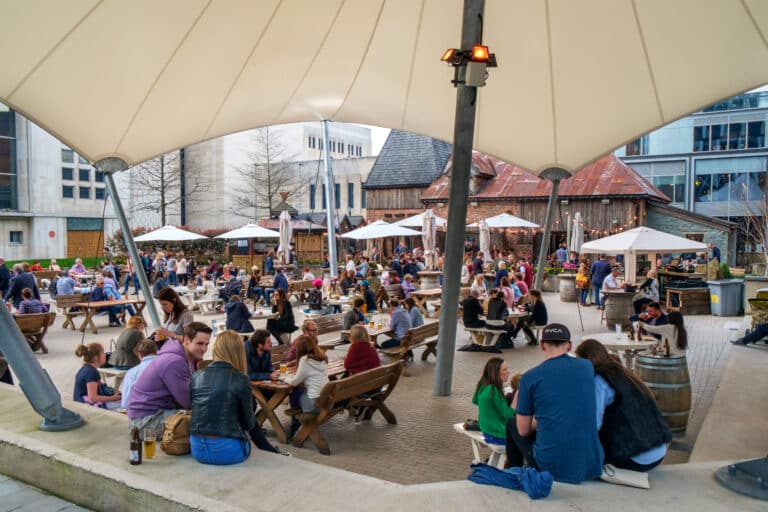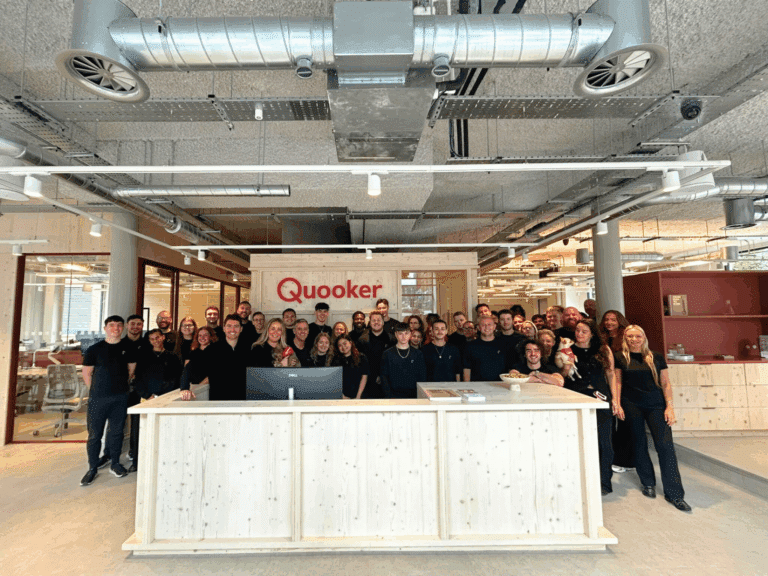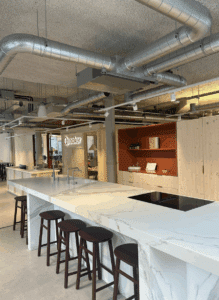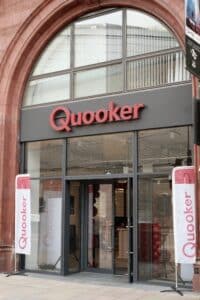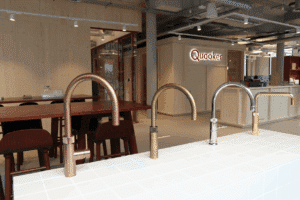The International Baccalaureate (IB) Programme is a globally recognised educational framework designed to develop students who are intellectually curious and well-prepared for future challenges.
Unlike mainstream schools, which focus primarily on national curricula and standardised assessments, the IB emphasises a globally focused education and the holistic development of children.
In an IB school,n students engage in interdisciplinary subjects, community service, and independent research, which equip them with real-world abilities and a more comprehensive outlook. With its focus on both academic rigor and personal growth, the IB provides an educational approach that equips students to navigate higher education and diverse cultural environments effectively.
For those who are considering an IB school, choosing the right one involves more than just reputation or location. It requires understanding the qualities that define a top-tier IB education, particularly those that foster academic excellence, personal growth, and global readiness.
In the following sections, we’ll explore these key characteristics to help parents make informed decisions about their child’s education.
Nurtures Critical Thinking and Creative Solutions
A hallmark of top IB schools is their emphasis on developing students’ critical thinking and problem- solving abilities. The curriculum is designed around inquiry-based learning, where students are encouraged to ask meaningful questions and analyse complex information, as well as develop evidence-based solutions. For example, group projects and interdisciplinary assignments allow learners to consider multiple perspectives while applying theoretical concepts to real-world scenarios.
This approach ensures that students are actively engaging with knowledge rather than passively absorbing it, which builds confidence and prepares them to face academic and professional challenges effectively.
Parents looking for one of the best IB schools in Singapore should prioritise institutions that consistently nurture these higher-order thinking skills.
Fosters Independent Learning and Self-Motivation
Another defining quality is the encouragement of independent learning. While teachers guide students through the curriculum, the IB Programme requires students to take responsibility for their own progress, from planning research projects to managing deadlines for extended essays.
This structure teaches students to set goals, evaluate their own work, and seek resources proactively. IB schools also emphasise self-motivation and initiative, helping students build habits that promote lifelong learning as well as skills that remain valuable well into higher education and beyond.
Equips Learners for Success in Top International Universities
The rigorous academic framework of IB schools positions students for admission to leading universities around the world. Beyond academic achievement, students develop writing, research, and analytical skills while participating in extracurricular activities that demonstrate leadership and initiative.
Guidance counsellors at top IB schools provide personalised support in navigating university requirements, preparing applications, and exploring scholarship opportunities. Through this combination of academic rigor and holistic development, students gain a strong foundation to excel in diverse higher education environments.
Promotes Cultural Awareness and Multilingual Skills
In a globally connected society, the ability to understand and appreciate different cultures is an important skill. The IB curriculum supports this by encouraging students to learn a second language and engage with various cultural contexts, which strengthens their capacity to communicate thoughtfully and respectfully with people from diverse backgrounds.
This focus on international-mindedness extends beyond language acquisition; it is woven into literature studies, classroom discussions, and projects with a cosmopolitan focus. As students grow more empathetic and adaptable, they are better equipped to navigate multicultural workplaces and contribute meaningfully to global communities, useful whether
one is to be based in Singapore or overseas in the future.
Prepares Students for a Globalised, Rapidly Changing World
The best IB schools actively prepare students to thrive in an interconnected and fast-evolving world. Programs such as Creativity, Activity, Service (CAS) and experiential learning initiatives give students opportunities to tackle real-life issues and inspire them to create positive change. Through these experiences, learners develop critical life skills, including collaboration and problem-solving.
Engaging with global issues and technology-driven projects ensures that students can think innovatively and respond effectively to change, equipping them with the tools needed to succeed in diverse professional and social environments.
Develops Holistic and Balanced Individuals
Beyond academics, IB schools emphasise personal growth and overall well-being. Students are encouraged to balance intellectual pursuits with physical, emotional, and creative development.
Participation in sports, arts, community service, and mindfulness programs fosters resilience, empathy, and emotional intelligence. These opportunities help students become caring, adaptable, and creative while cultivating qualities such as curiosity and courage. Ultimately, the best IB schools aim to nurture well-rounded individuals who can confidently navigate challenges, and make personal and career decisions with sound judgment.
Provides Strong Support Systems and Guidance
Recognising that the IB Programme can be demanding, the best IB schools in Singapore offer strong support systems to help students succeed in school and beyond. This includes experienced teachers, academic advisors, and counselling services who guide students through complex coursework, project deadlines, and personal challenges.
Many schools also provide mentorship programs, peer support groups, and study resources to ensure that students have the tools they need to thrive. Through this combination of high expectations and attentive support, these schools create an environment where
students can work toward big goals while staying grounded and healthy.
When it comes to searching for the best IB school in Singapore, look for institutions that equip students with the skills and mindset to thrive academically, socially, and globally. These schools create an environment where students are encouraged to explore, grow, and engage meaningfully with the world, empowering them to develop into capable and thoughtful individuals ready to make a positive impact.



